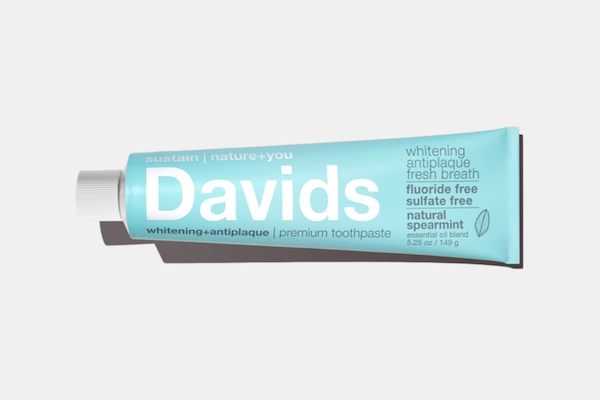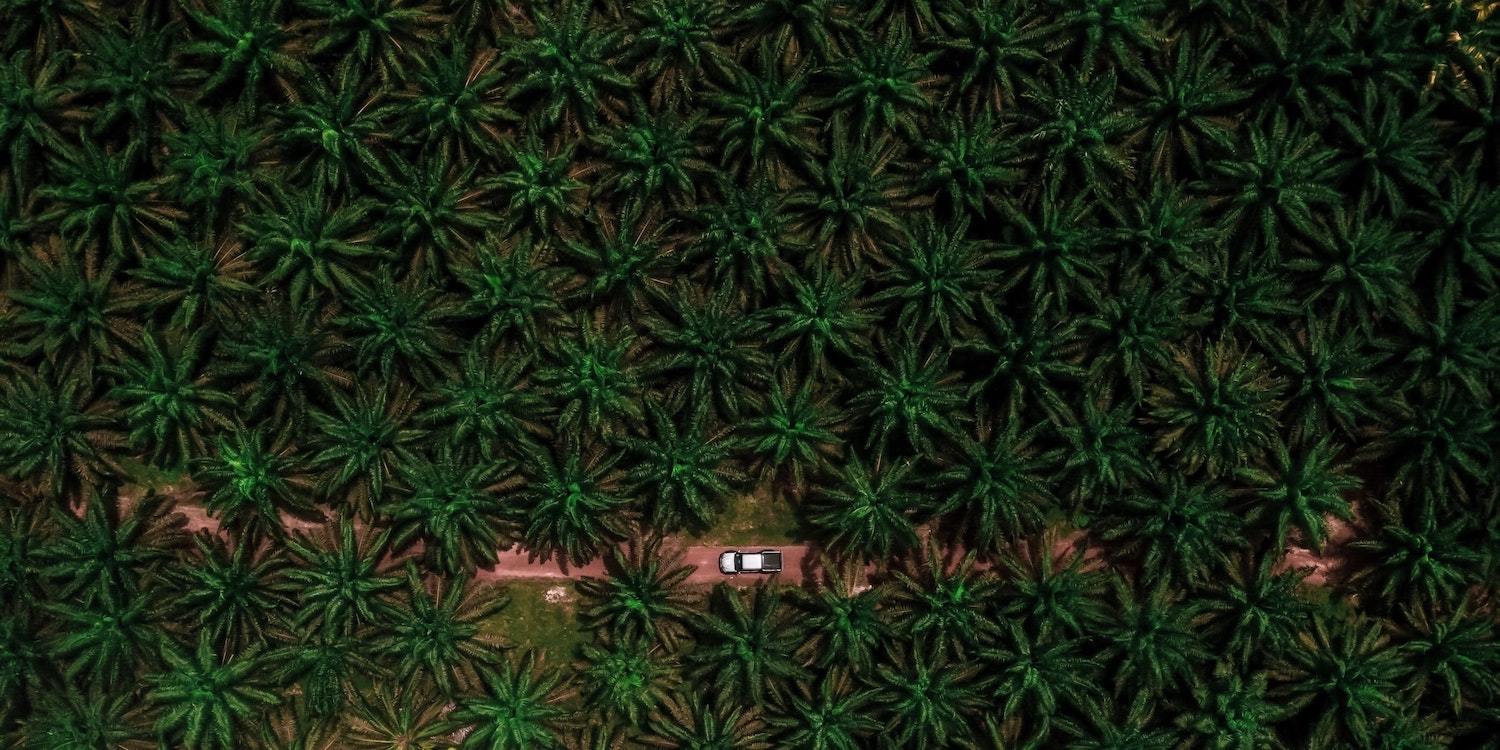It is not a big stretch to appreciate that human consumerism has a growing negative impact on the environment. As global populations continue to grow and simultaneously become wealthier, demand for resources and commodities increases exponentially. One commodity, in particular, palm oil, is attracting a significant amount of attention as the devastating effects its production has on the environment become more apparent.
What is Palm Oil?
While you may be unfamiliar with what palm oil is, where it comes from, and how it is produced, you certainly have come into contact with it - most likely very frequently. Palm oil is a type of edible vegetable oil that has become the most commonly used oil in packaged products. It is derived from the fruit and kernel of the oil palm tree (Elaeis guineesis). Oil palm trees are native to West Africa but have been introduced across South-East Asia, where they are being aggressively cultivated for their oil production.
Palm oil has become the swiss army knife of oils because of its versatility and is incorporated into a vast range of products - from soaps, shampoos, cosmetics, and food products, even ice cream. In addition to its versatility, it has several unique characteristics that make it so attractive for manufacturers to work with. Palm oil is odorless, colorless, resistant to oxidation which promotes the shelf-life of products. It is also semi-solid at room temperature making it ideal for use in spreadable products. Just one of these unique properties would make it very useful, so it is easy to understand why it has been so widely adopted with all of these characteristics. The most critical characteristic is, arguably, the price, which is driven by how productive a crop it is. Oil palm trees produce an estimated 4 to 10 times more oil than alternative crops, like soybean or coconut oil, and require fewer inputs such as fertilizer and pesticides, which directly impact the monetary price. With all of these appealing traits, it is no wonder that palm oil has become a hugely attractive commodity for farmers to produce and manufactures to use in products. However, palm oil production has an enormous environmental cost, which makes it a deeply problematic commodity on a large scale.
What Is The Problem With Palm Oil?

The problem with palm oil is that global demand is driving the rapid expansion of production, translating into the need for more plantations. For context, as an agricultural commodity, palm oil is arguably growing faster than any other. The critical issue though, is that the tropical areas suitable for oil palm plantations are located in some of the world’s most rich and biodiverse rainforests. Indonesia and Malaysia, two countries that account for approximately 90% of the world’s palm oil production, have become ground-zero for this issue.
Deforestation in these areas has decimated vast swaths of rainforests, endangering an estimated 193 mammal and bird species native to the region, such as Orangutans, Bornean Pygmy Elephants, and Sumatran Rhinos, Tigers and Elephants only to name a few. The impact does not stop at endangering species, though; deforestation also has an enormous impact on climate change as these dense forests are systematically cleared and burned to make way for oil palm tree plantations. The unique forests in these areas are known as tropical peat forests or swamp forests. They are commonly cleared by burning the area, which is a more efficient way of removing the dense vegetation, releasing greenhouse carbon dioxide and methane into the atmosphere.
According to statistics from the Indonesian government, approximately 24 million hectares (93k square miles) of rainforest was cleared between 1990 and 2015 to make way for palm oil plantations - more than the entire landmass of New England. Between deforestation, species endangerment, the release of greenhouse gases, and global warming, palm oil production has a massive impact on the world’s ecosystems.
Approximately 24 million hectares (93k square miles) of rainforest was cleared between 1990 and 2015 to make way for palm oil plantations- more than the entire landmass of New England.
Can Palm Oil Be Sustainable?
The growing environmental impact of palm oil production has not gone unnoticed, and there are increasingly more vocal calls to address it. In 2004 in response to the growing concern, the palm oil industry established the Roundtable on Sustainable Palm Oil (RSPO). In the process, the RSPO established guidelines for producers to guarantee, amongst other items, that no high conservation value (HCV) areas were cleared and to work towards minimizing the environmental impacts of production. The RSPO certification is a vehicle for participating members to have their palm oil certified as sustainable.
The question can palm oil be sustainable is a challenging one, to say the least. The oil palm tree is a much more efficient crop than its substitutes. However, the growing regions are vital to biodiversity and carbon sequestration and replacing these dense rainforests with vast monoculture oil palm plantations is deeply problematic. Finally, while a step in the correct direction, having an industry-led certification process will inevitably lead to conflicts of interest. With demand for palm oil only expected to increase further, the conversation around the sustainability of palm oil will be an ongoing one.
How Can Consumers Play A Role?
As consumers, we all play a role in protecting the environment. Our purchase habits have an impact and can help support positive change. There are many eco-friendly and sustainable palm oil-free products available on the market today. The first place a consumer should always begin is with the ingredient list on the products they use. Taking the time to better understand what is going into the products we use is a great step to building one’s knowledge around products and their supply chains.
Another great place to start is with palm oil free soaps. Products like the No Tox Life's Vegan Dish Block and Soapply’s Liquid Hand Wash offer customers an eco-friendly alternative to conventional products that use palm oil and come packaged in plastic. For consumers looking for a great way to reduce their impact, vegan palm oil free soap packaged without plastics is an easy win. As a zero-waste store, Lochtree is keenly focused on providing outstanding products that are great for both the consumer and the environment.






